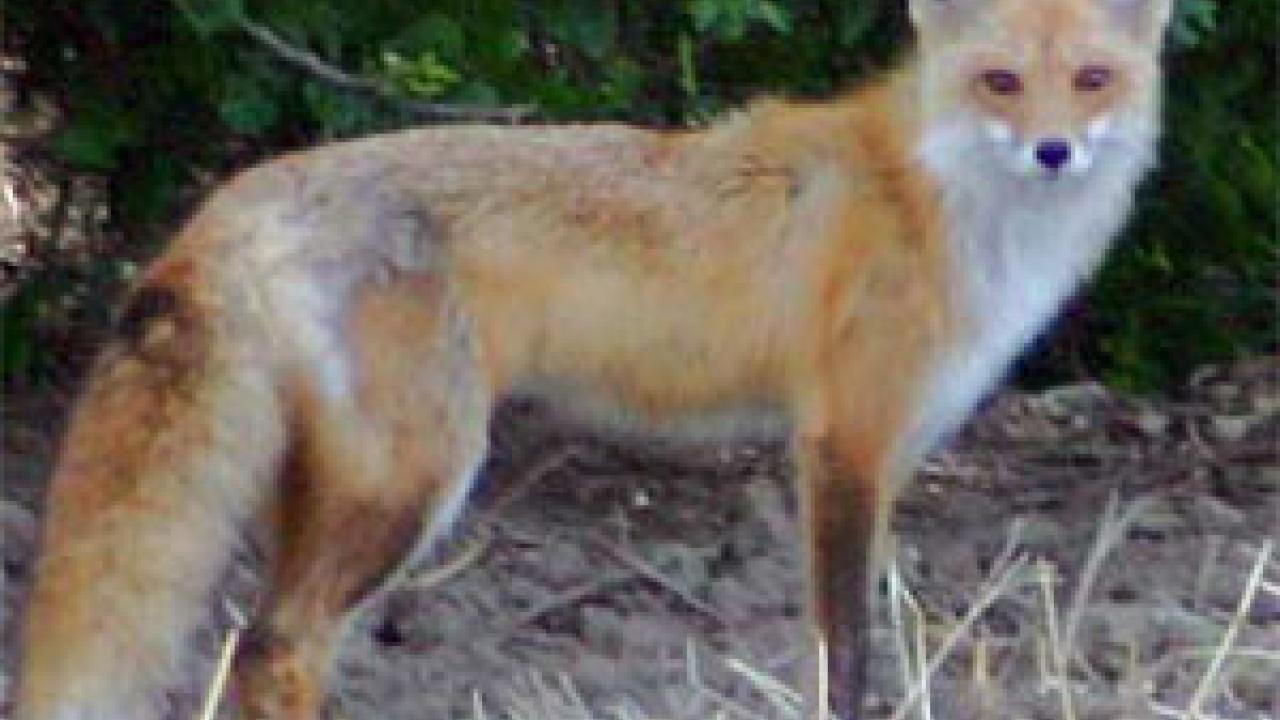Contrary to onetime scientific opinion, red foxes living in the Sacramento Valley are not an artificially introduced species that threaten local ecosystems, according to a UC Davis researcher.
Ben Sacks, an expert in canine genetics and a researcher in the School of Veterinary Medicine, has new findings suggesting that these animals are natives, and close cousins to the native Sierra Nevada red fox.
In other low-elevation parts of the state, red foxes are indeed nonnative, invasive and threaten several endangered bird species. Some ecologists and biologists have called for the nonnative animals to be killed in these areas to preserve the delicate balance of those ecosystems.
Sacks, who has been studying the foxes for the past 10 years, is reaching out to the public for help in reporting all sightings of red foxes in the Sacramento Valley and in the high elevations of the Sierra Nevada and Cascades mountains. He is requesting that anyone who sees any evidence of red foxes in the area, either alive or dead (such as roadkill), tell him about it online.
"It's important that we collect public data as well as continue our own research," said Sacks. "Getting this well-rounded stream of information will help us learn more about how the Sacramento Valley red fox interacts with its local environment."
Specifically, Sacks and his team are interested in understanding how the Sacramento Valley foxes, whose ancestors evolved in cold mountainous climates, adapted to the warm flatlands of the valley.
Sacks and the School of Veterinary Medicine have set up a Web site where the public can report their sightings: http://foxsurvey.ucdavis.edu. The site also has helpful tips and photos for distinguishing red foxes from gray foxes and coyotes.
Media Resources
Ben Sacks, School of Veterinary Medicine, (530) 754-9088, bnsacks@ucdavis.edu
